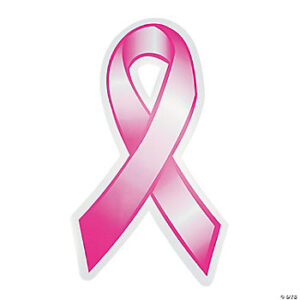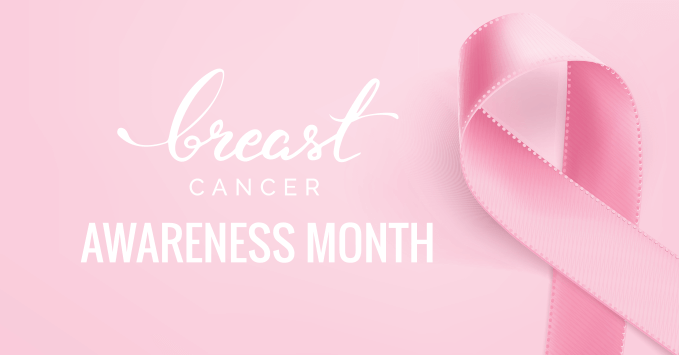By Nancy Black
Mine was on Friday. Hers was on Wednesday. Mine was normal. Hers was not. We’d both gone in for our yearly mammograms.
My friend is now facing surgery, a mastectomy, and months of chemotherapy and radiation. She has breast cancer.
October is Breast Cancer Awareness Month and I would like to remind every female reader to get your mammogram now. It is the single most important tool women have to fight off this deadly disease.
My friend actually felt a lump in her breast last year, but she delayed her mammogram because she was helping her sister through her own breast cancer treatment. “I just wasn’t going to have two sisters sick at the same time,” my friend said, while trying to explain why she had postponed dealing with her own health problems.

Hopefully, all the upcoming medical procedures will be able to stop my friend’s cancer in its tracks. But the longer women wait to get treatment, the shorter the odds are of surviving such an ordeal. According to the Centers for Disease Control, “there are different symptoms of breast cancer, and some people have no symptoms at all. (That’s why regular mammograms are so important.) Symptoms can include:
• Any change in the size or the shape of the breast.
• Pain in any area of the breast.
• Nipple discharge other than breast milk (including blood).
• A new lump in the breast or underarm.
If you have any signs that worry you, see your doctor right away. Each year in the United States, more than 250,000 women get breast cancer and 42,000 women die from the disease.”
One in 100 people diagnosed with breast cancer are men, so they should be vigilant about their health care, too. African American women are 40 percent more likely to contract breast cancer than Caucasian women. And, they are often diagnosed in later stages when the prognosis is poor, which makes treatments limited and more costly.
The bottom line is, no one is safe from breast cancer. Schedule your mammogram today. Do monthly self-checks of your breasts. And donate to a breast cancer fighting organization.
If you or a loved one needs more information, call the Susan G. Komen breast care helpline at 1-877 GO KOMEN (1-877-465-6636). Financial help is available.

